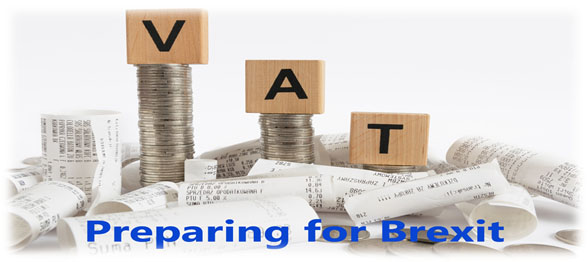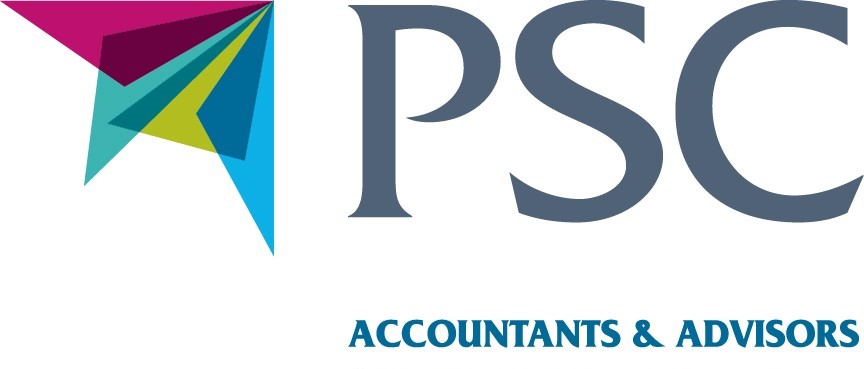
Preparing for Brexit – VAT
- VAT on importation will become payable on the value of goods being brought into the UK from EU Member States (and vice versa) by both business customers and consumers. The value for VAT purposes includes the cost of the goods, the related freight and insurance and the customs duty. In these circumstances arrangements will need to be made by importers of goods to discharge any VAT arising on import or alternatively, to put a system of postponed accounting in place which involves lodging a bond with the Tax Authorities. Otherwise the goods being imported will not be released by the Authorities until the related VAT liability is paid.
- VIES/EC Sales listings and Intrastat filings which supplement details included on VAT filings will no longer be relevant for supplies of goods and services into the UK as these only pertain to cross border supplies between EU based suppliers
- VAT registrationmay be required in the UK by Irish based suppliers maintaining ‘call off’ stocks of goods, there for drawdown by single customers, where simplification measures currently exist to avoid the necessity for such registration. UK Registration requirements may also crystallise in circumstances where simplified triangulation arrangements currently applicable involving a chain supply between ‘VAT registered’ entities in three different EU Member States enables the avoidance of a VAT registration by an intermediate supplier.
- UK VAT which is correctly chargeable to businesses established in other EU Member States which are not obliged to register for VAT in the UK, will no longer be reclaimable under the Eighth VAT Directive Electronic VAT Refund (EVR) scheme. This VAT will most likely have to be reclaimed under the Thirteenth VAT Directive Claim procedure which currently applies to businesses in other non-EU Countries. This is a much slower refund process and therefore will affect your cashflows.
- The VAT Margin schemescurrently in operation throughout the EU which apply to sales of second hand goods (including cars), works of art, tour operators/travel agents etc. across the European Union may no longer apply in the UK post Brexit.
- Threshold for Distance Sales(i.e. sales of goods from a business in one EU Member State to Consumers based in other EU Member States) will no longer apply in respect of supplies of goods from the EU to UK based consumers and in respect of supplies of goods to EU based consumers by UK based suppliers.
At least some of the above scenarios will result in additional administrative requirements and cash flow management costs.
Additional Administration costs include staff costs in preparing and processing the necessary back up detail, obtaining professional advice regarding the VAT implications of trading with the UK, registering for VAT and additional compliance obligations, eg, filing VAT returns etc.
Cash flow management will become critical when managing the time lag between paying and reclaiming VAT. If not managed effectively it can give rise to financial negative cash flow implications / additional working capital requirements as VAT on importation of goods may not be refunded for a matter of months or even longer.
Under the likely new regime, VAT physically paid on importation or paid using a deferral account should continue to be reclaimable in line with current rules underpinning entitlement to VAT recovery with Single Administration Documents (SADs) being required when reclaiming VAT paid on import in Ireland and C79s in the case of UK VAT on import.
Disclaimer: The content of this document is for general information only and should not be relied upon as a legal or professional interpretation of any law or other guidance. While every care has been taken by the Author in the preparation of this document, PSC Accountants Limited or associated companies will not be liable to you or any third party for any loss including, but not limited to loss of profits, goodwill or any type of special indirect or consequential loss howsoever caused ( including loss or damage suffered by you as a result of an action brought by a third party) arising out of or in connection with the provision of our services, in contract, tort, by statute or otherwise, even if such loss was reasonably foreseeable or in the contemplation of us or if we had been advised of the possibility of you incurring the same unless the loss is primarily caused by bad faith, gross negligence or wilful default by us.
